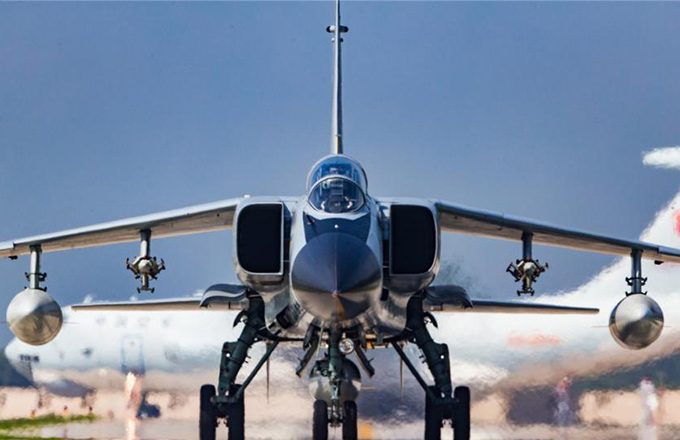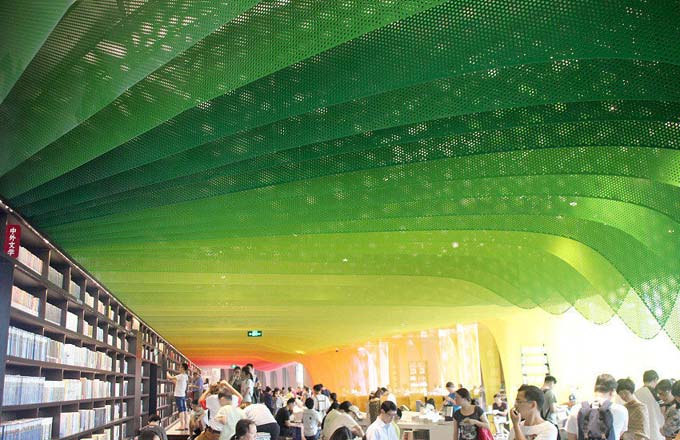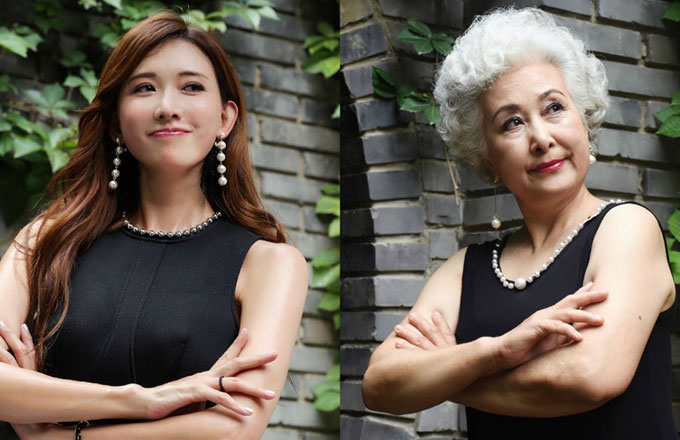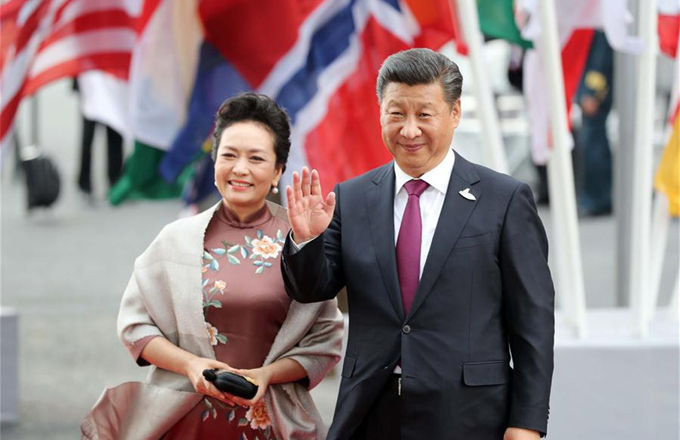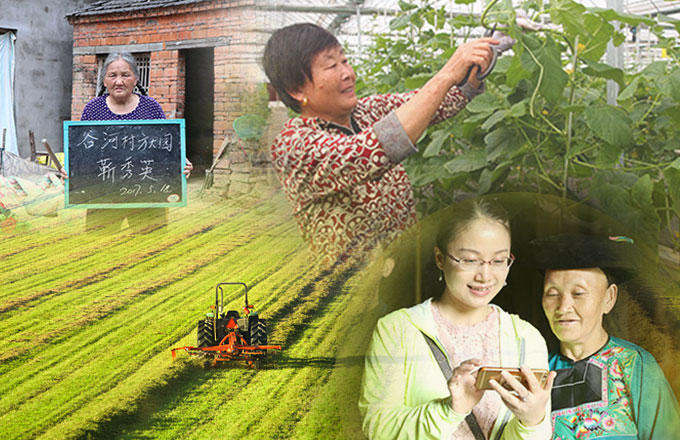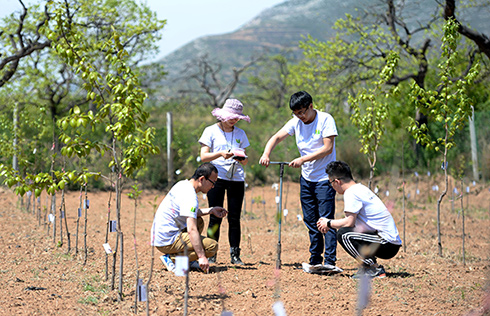Scoops, pests and ping pong diplomacy
Since the founding of the People's Republic of China, both the government and the Communist Party have placed much faith in people-to-people exchanges to establish and maintain warm relations at the grassroots, even when things cool at the diplomatic level.
Much of this work is channeled through the Chinese People's Association for Friendship with Foreign Countries (CPAFFC), which last year celebrated its 50th anniversary promoting China's soft power.
As editorial advisor to its quarterly magazine Voice of Friendship, I am impressed by stories of barriers being broken down and greater understanding cemented between China and the outside world at the personal level – regardless of what is currently making the headlines in the political, economic or military fields.
This certainly applies to China-U.S. relations, which are complex and multi-faceted. The two countries are not allies, nor enemies. Relations change as issues emerge that generate tension – American arms sales to Taiwan and spy flights, different interpretations of human rights, ongoing trade disputes, American complaints about Chinese currency manipulation and Chinese complaints over U.S. irresponsibility regarding its growing "debt addiction."
Yet overall I think it's fair to say that the U.S. government and military establishment do not regard the Chinese as an adversary, but as a sometime competitor and sometime partner.
There are times when the relationship reminds me of a marriage where quarrels are perhaps frequent but never lead to an outright split. It's said of such a couple that "they can't live with each other but can't live without each other, either," and that's very true here.
However, Americans and Chinese can respect each other as individuals and that hopefully ensures quarrels never escalate beyond repair. After all, governments are often more constrained in what they can do than the ordinary citizen.
In a humble way, Glenn Cowan and Zhuang Zedong started something big, and I'm glad I was there to see it. Their spirit of openness is needed in today's complex world.
The author is a columnist with China.org.cn.





